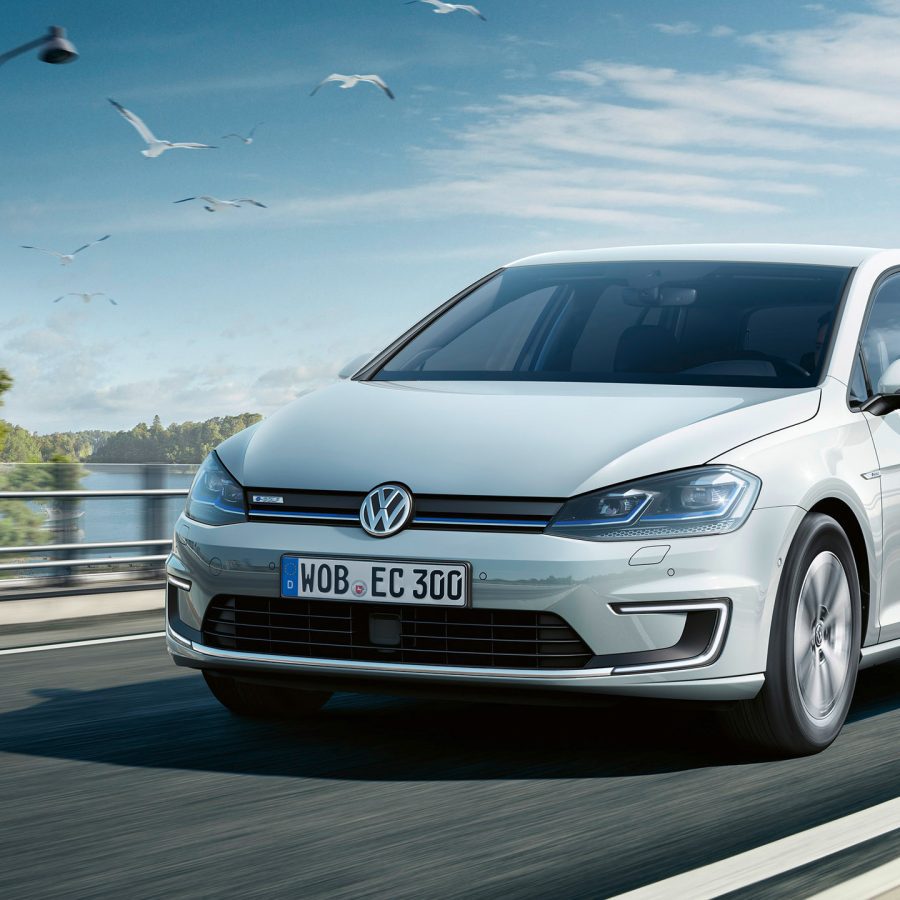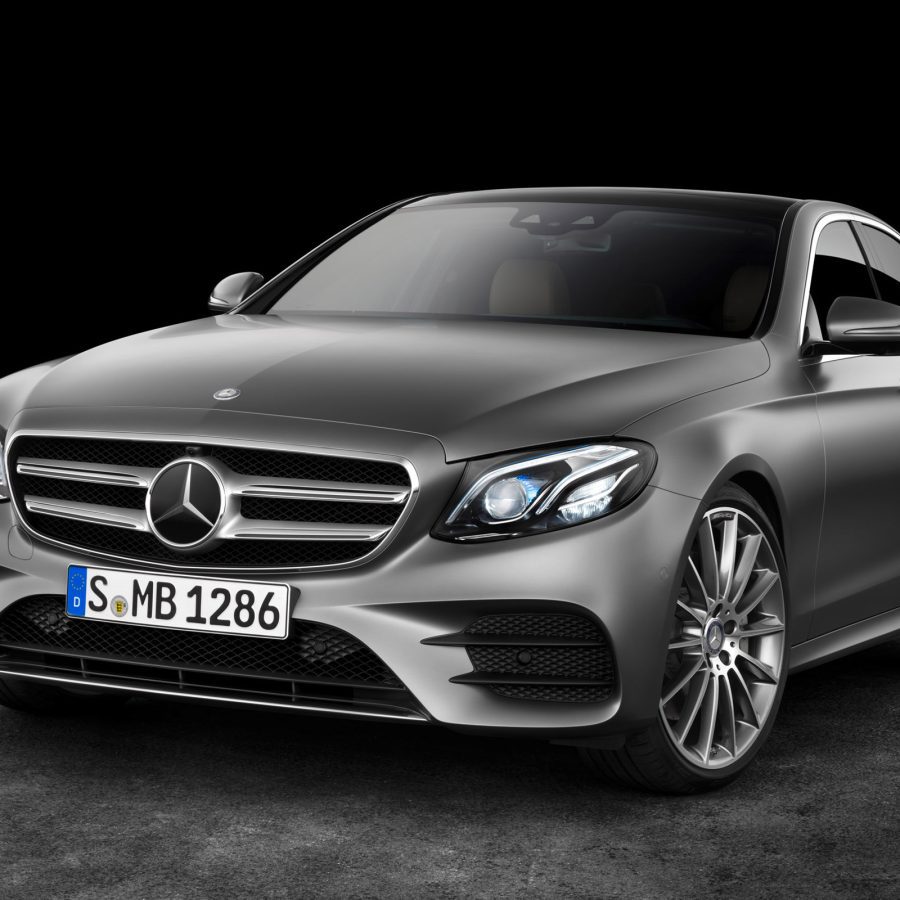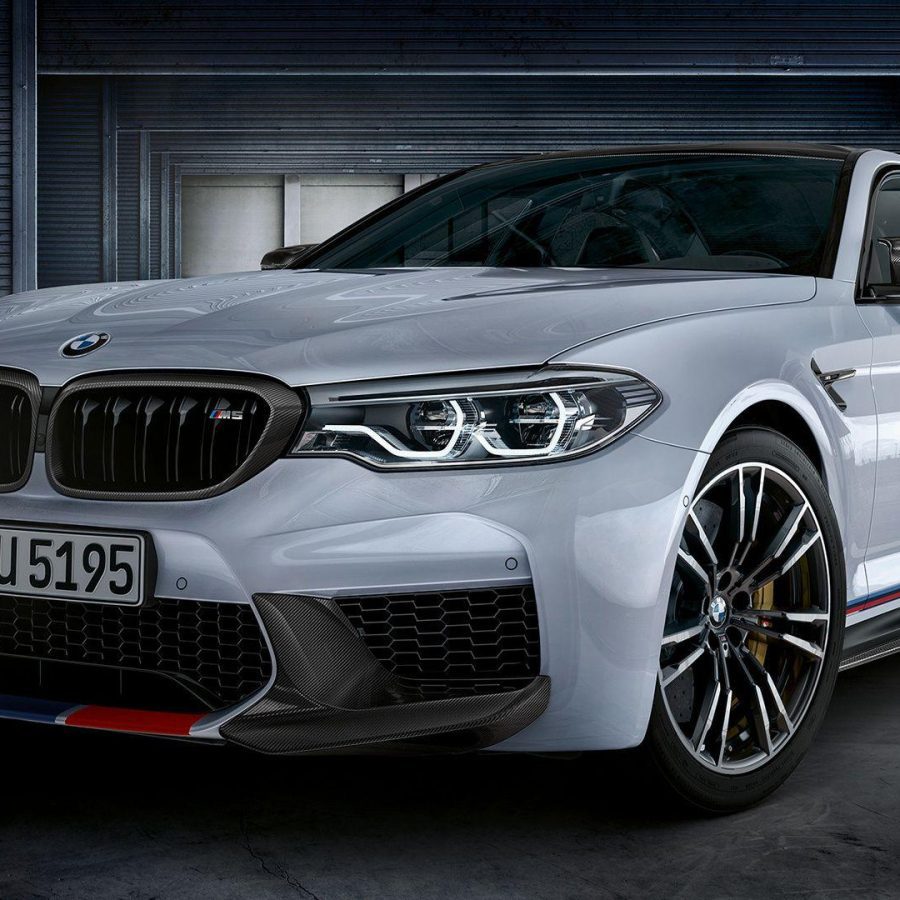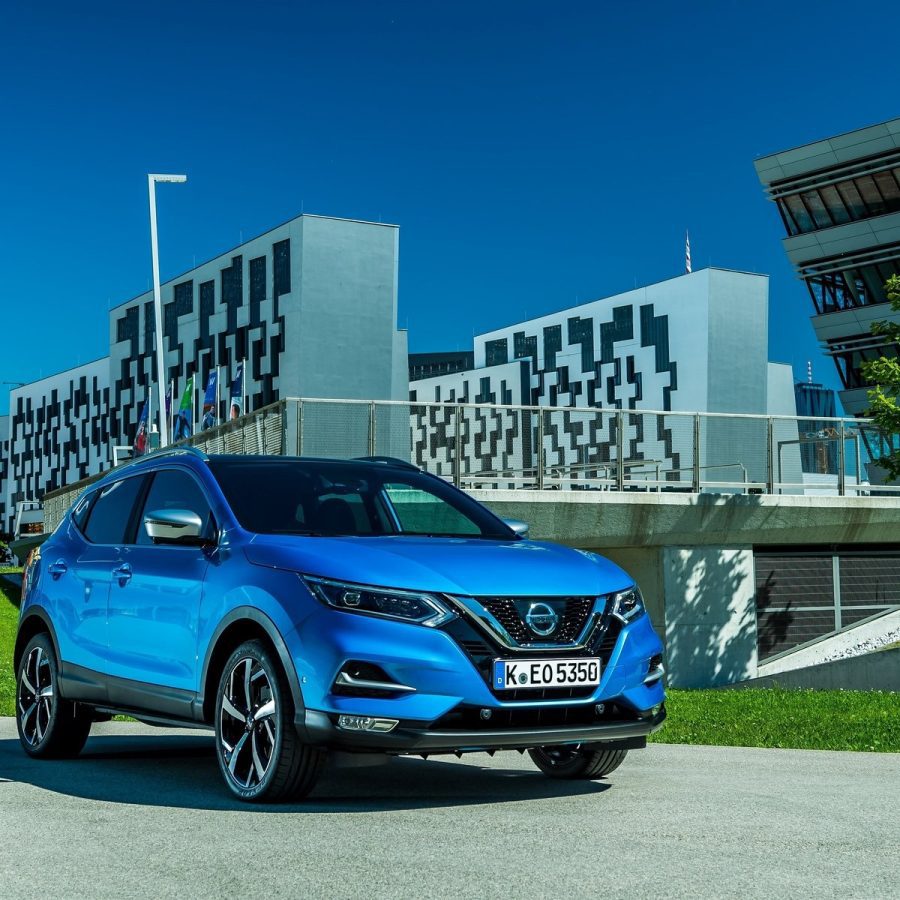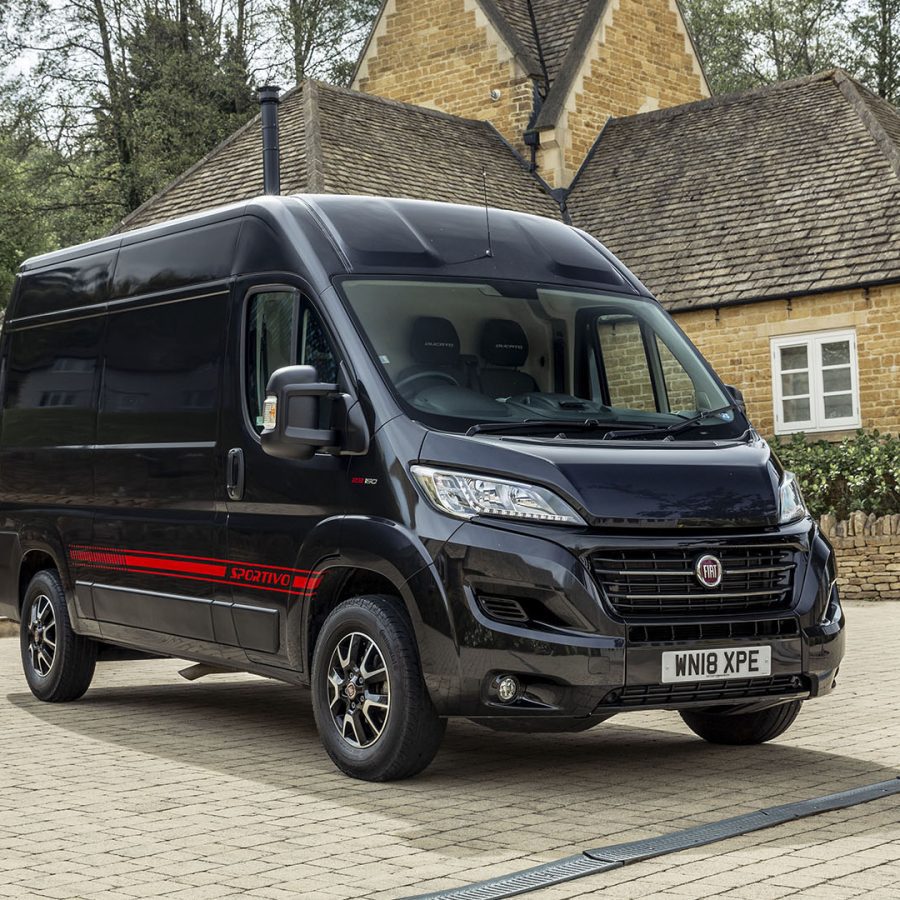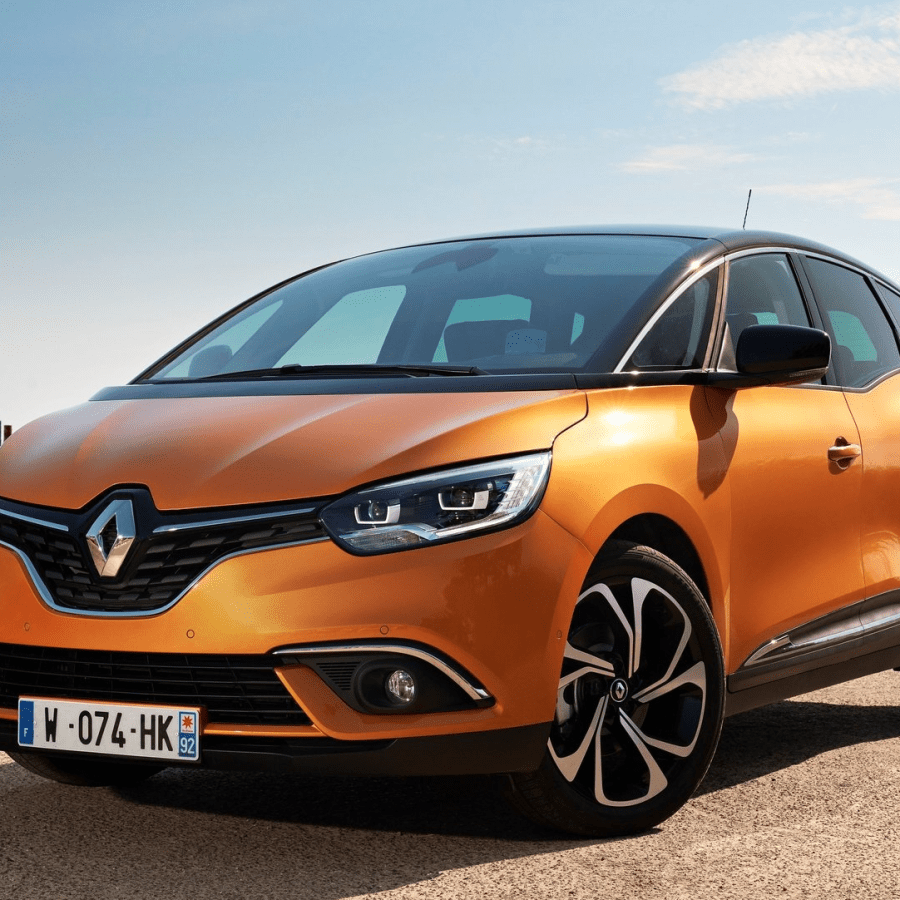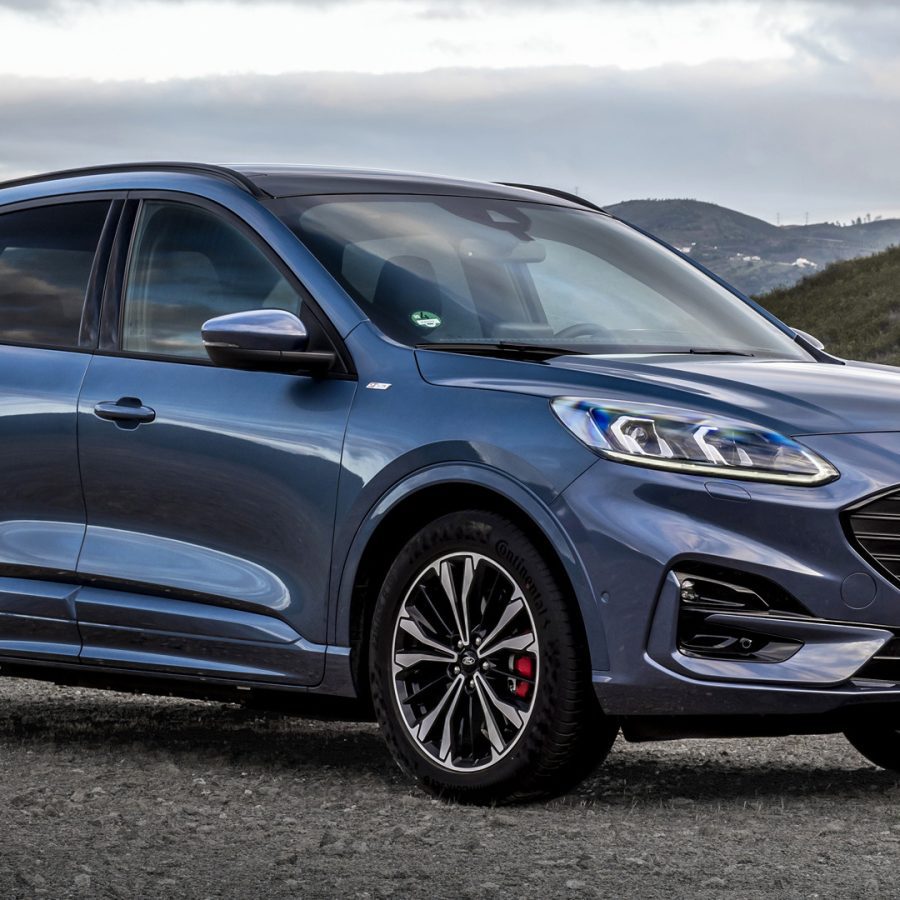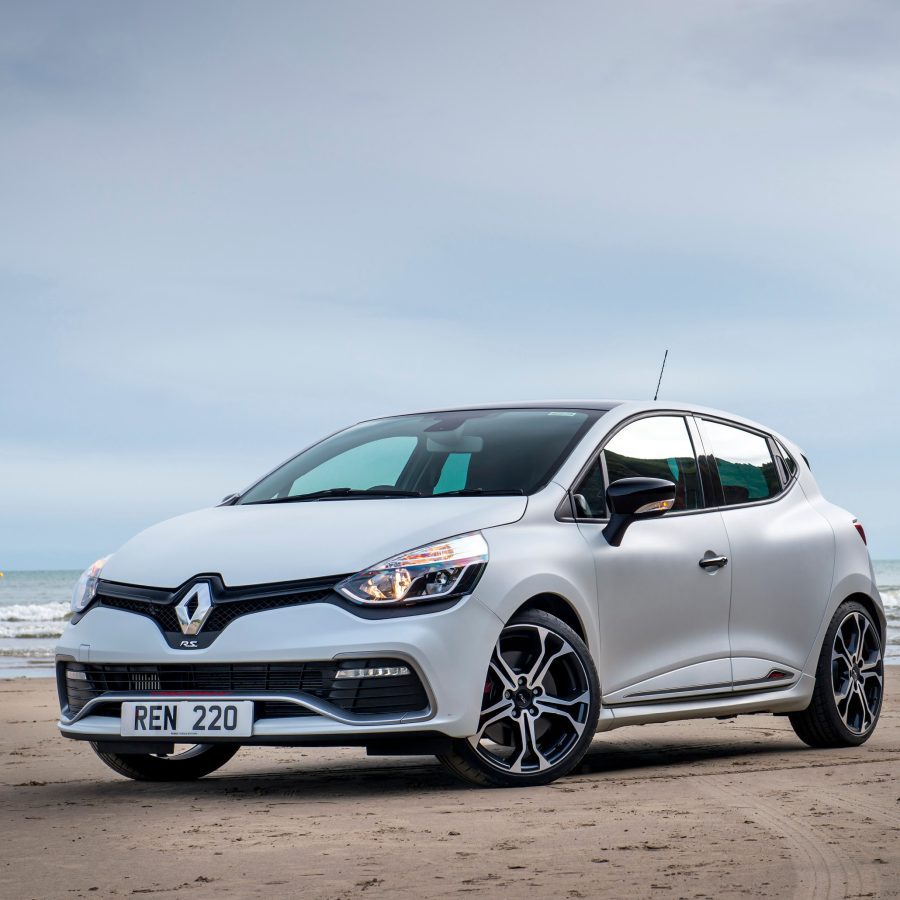2017 Europe Automotive Sales Research
In 2017, the European automotive landscape continued its evolution, shaped by both internal and external factors. After the strong growth in car registrations in previous years, 2017 saw a more moderate pace. While the market continued to grow, certain regions, especially the UK, witnessed slowdowns due to economic and political uncertainties, including Brexit implications. The fallout from the "Dieselgate" scandal of 2015 and increasing environmental concerns led to a pronounced decline in diesel vehicle sales. Many cities discussed bans or restrictions on older diesel vehicles, and there was talk about phasing out diesel engines entirely in the longer term. As diesel's star dimmed, electrified vehicles became more mainstream. More automakers announced plans for comprehensive electric vehicle (EV) line-ups, and governments set ambitious targets for EV sales and the phasing out of combustion engines. The European love affair with SUVs showed no sign of waning. New models and sub-segments (like compact SUVs) continued to flood the market, and SUV sales remained strong. Governments and regulatory bodies tightened emissions standards and tested protocols, especially in light of the diesel emissions scandal. CO2 targets became stricter, pushing automakers to innovate. Brexit's ongoing negotiations and its implications started impacting the automotive industry, with concerns about trade, supply chain disruptions, and future investments.


